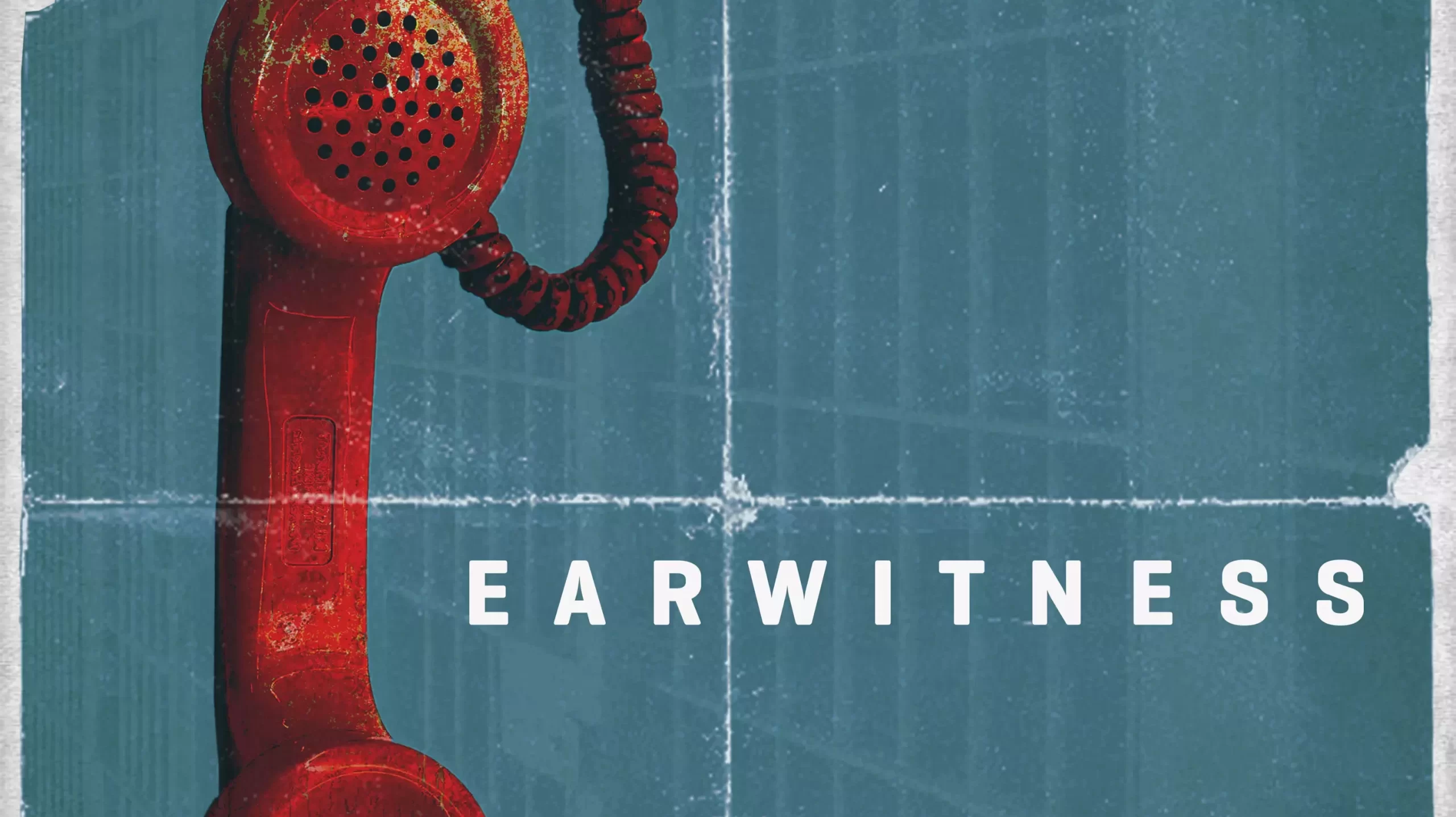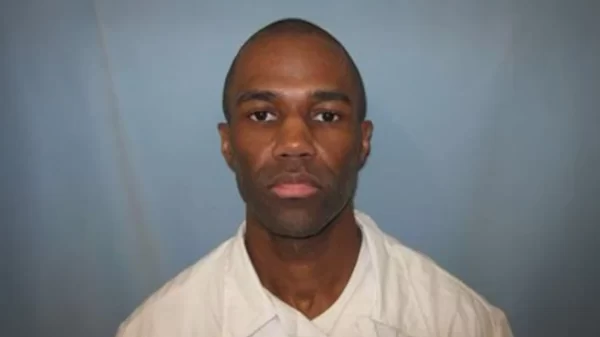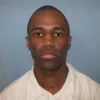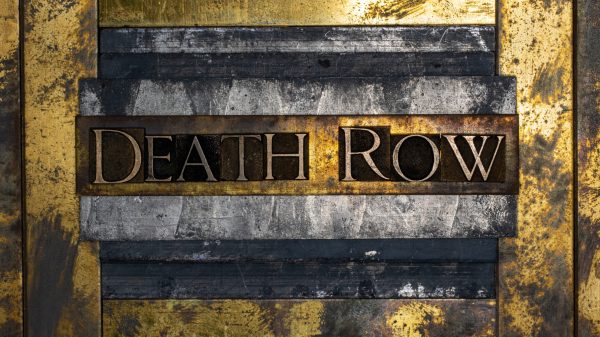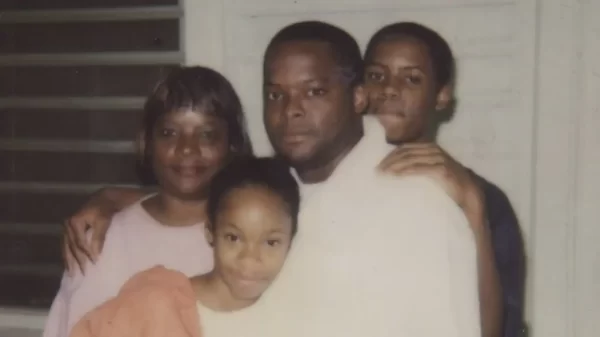|
Getting your Trinity Audio player ready...
|
Toforest Johnson has sat on death row over 25 years for murdering an off-duty police officer in 1995, although he has always claimed innocence. The only piece of “evidence” incriminating him despite having a credible alibi and witnesses? An “earwitness’s” testimony who was secretly paid $5,000 in reward money which the state of Alabama did not disclose to the jury or Johnson’s attorneys at the time of Johnson’s conviction and denied for over 19 years.
The new Lava For Good podcast “Earwitness” is a multi-episode docuseries in which investigative journalist, Beth Shelburne, considers all the facts she has uncovered over her three-year investigation into Johnson’s case. The central question: why is Johnson still on death row?
The podcast has eight episodes in total, with over three being released as of this publication. The remaining five are scheduled to come out over the course of several weeks with the finale releasing on Oct. 31. The podcast features discussions with many key actors in Johnson’s eventual death sentence including the lead investigator, witnesses, jurors, lead prosecutors and the “earwitness,” Violet Ellison.
“It’s funny like the reaction that I get from people when I’m talking about the case as I’m promoting the podcast,” Shelburne said. “Like their jaws are just on the floor. And I was like that three years ago, when I first heard about it, I was like, ‘There’s no way that that could be the only reason this guy is on death row.’”
Faulty Evidence
On January 19, 1995, Jefferson County Deputy Sheriff Bill Hardy was shot and killed at a hotel in Birmingham. There was no physical evidence left at the scene or any eye-witnesses who saw what occurred leaving detectives with little information to build a case. However, Johnson and his friend, Adragus Ford would eventually be arrested and charged for the murder following Yolanda Chambers lying about them committing the act.
Initially, the state’s case depended on the testimony of 15-year-old Chambers, who told police she knew who killed Hardy. Chambers’ mother got the teenager involved after telling police her daughter was aware of who committed the homicide. Chambers lied repeatedly and told countless versions of what occurred the night of Hardy’s murder. Chambers was also interrogated over 20 times by police and lead detective, Tony Richardson, despite her lies.
Episode 2 of the podcast documents several tape recordings held between Chambers and Richardson. In those recordings, Chambers would recall an initial telling of events, however, the police would stop the tape recording and then restart it minutes or even an hour later. After the recording began again, Chambers’ story would distort or change to match the narrative police and Richardson were looking to corroborate.
The night of Hardy’s murder at the time it occurred, Johnson and Ford had alibi witnesses who attested to them being at a nightclub. However, during Johnson’s trial, his lawyers failed to bring those witnesses before the jury.
After Chambers’ story fell through, the state still continued to pursue a conviction against Johnson, and that is when the “earwitness”, Ellison, came forward with her testimony claiming that she overheard Johnson admit to the killing on a three-way jail call. However, Ellison admitted that she had never seen or heard Johnson’s voice before. Yet, the jury and prosecution still used Ellison’s “earwitness” testimony as the basis to convict Johnson to a death sentence.
No physical evidence, DNA evidence or eye-witness testimony was ever presented implicating Johnson. Purely what, outside of a criminal court, most people would deem hearsay convicted Johnson to death row. Shelburne noted that the hearsay exception was granted to allow Ellison’s testimony.
Although Johnson was convicted, his friend and co-defendant Ford was acquitted, likely because Ford’s family was able to afford a better attorney than Johnson. Johnson was appointed two attorneys by the state who were only paid $20 an hour to work outside the court up to a $1,000 cap.
Calls For a Re-Trial
Throughout Johnson’s time on death row, he routinely appealed to Alabama court to have his sentence withdrawn or a new trial held. However, his appeals have been denied.
In 2020, Jefferson County District Attorney Danny Carr filed a motion asking the state to hold a new trial for Johnson. Carr’s motion was based on a nine-month review of Johnson’s case and determination that Johnson should have a new trial because, “a prosecutor’s duty is not merely to secure convictions but to seek justice.”
Carr cites several factors as the basis for the motion including Ellison’s secret payment that was withheld by the state and the original prosecutor in Johnson’s case, Jeff Wallace, supporting a new trial. Carr’s motion was also made with extensive deliberation with Hardy’s family.
However, in December of 2022, the state of Alabama responded to an appeal by Johnson referencing Carr’s motion saying it should be given “great weight” in the court’s deliberation of his appeal. In their response, the state dismissed Johnson’s petition and said that he is not entitled to a new trial based on Carr’s “subjective opinion.”
Johnson and his counsel made a writ of certiorari to the U.S. Supreme Court in April asking the court to take up his case and review his appeal. The Supreme Court will decide on Oct. 2 whether to take up Johnson’s case.
“The public cannot possibly have confidence in the system if the State of Alabama is permitted to execute Johnson when it paid its key witness $5,000 in secret and both the District Attorney and the trial prosecutor support a new trial,” Johnson’s counsel wrote.
Alabama Attorney General Steve Marshall, representing the state, filed a brief to the Supreme Court in opposition to Johnson’s petition for certiorari in June. In the brief Marshall argues that Johnson’s petition and arguments including his claim of innocence, “does not raise an issue of extraordinary public importance or any compelling circumstances.”
On a website in support of Johnson being granted a new trial, it provides quotes from multiple jurors, judges and attorneys who say Johnson should not be on death row. One of those individuals is the staunch death penalty defender and former Alabama Attorney General Bill Baxley. Baxley wrote in a Washington Post article that “an innocent man is trapped on death row.”
Johnson’s Family
APR spoke to Akeriya Terry, one of Johnson’s five children, and Antonio Green, Johnson’s cousin. Both shared their perspectives on their loved one being locked up for basically a lifetime and how it has affected their lives.
Terry said her dad was sent to prison when she was about two years old. She says she was still able to have a good relationship with her dad because he remained involved despite being on death row her entire life. However, she got emotional discussing how she wished she could get back time and missed opportunities with her dad.
“I need the years back so I can share with him especially with my kids,” Terry said. “I had my kids, I hate he had to miss those moments. Me getting married – he had to miss that moment. I’m like, ‘daddy, you’re missing all these milestones.’ So, I wish I could get that time with him back.”
Terry said there are numerous emotions and ways that his incarceration affected her. But Terry said her dad has remained positive throughout the years, and she is confused at how he is able to remain so positive.
“He’s like always upbeat and happy,” Terry said. “He be checking on us and I check on him. And he’s always happy and positive and I’m like, ‘I don’t know how you do it.'”
Green said he and Johnson grew up together and were basically “brothers.” Green recalled living with Johnson at the time Hardy’s murder occurred and the police came and told Green they were looking to question Johnson because they had “information that he may know something about the homicide.” Green said Johnson never ran or hid from the police and that his “brother” never changed his story throughout all of these years he has been interrogated and examined by judges, police and prosecutors.
“He has never wavered, never bent his story,” Green said. “Till this day it’s still the exact same. And even under the interrogation of seasoned detectives and federal judges it never changed. And the only way, in my opinion, the only way I think that’s possible is if you’re telling them the truth.”
According to Green, Johnson never was violent, and their family always was certain of his innocence. Green said they were raised to believe in the justice system, and if you commit a crime you have to serve the time. However, their family has always believed Johnson never was involved in the crime that has taken half of his life from him.
Green said he and Johnson were raised very family-oriented, and it hurts him to see Johnson separated from their family for a crime he is confident he did not commit. Green mentioned how their grandfather was like a father to all of his family, but Johnson had to grieve his passing alone in a cell. Green said that was a “death sentence” in itself.
APR asked Green why he believes Alabama was still pursuing to execution of Johnson despite credible evidence of his innocence. Green said that he thinks it is because the state would have to admit wrongdoing, and that if there was a new trial it would be clear they had nothing to try him with.
“I think the high profile status of this case made the state think something had to be done,” Green said. “25 years of your life, there’s no price, nothing you can do to repay that.”
Green and Terry are hopeful the podcast can bring more attention to people about Johnson’s case that likely would not have heard about his story.
Shelburne noted that she believes the podcast demonstrates the often “illogical” way the criminal justice system works and the fact that many injustices are the result of the system working as intended.
“You know, like I mentioned, people of color are at an immediate disadvantage when they’re charged with serious crimes because they do not usually have a presumption of innocence,” Shelburne said. “You know, when they’re in the defendants chair, the jury looks at them like, ‘well, they must be guilty because they’re sitting here.’ I think that there’s all kinds of issues about tactics that law enforcement are allowed to use. And one thing that surprised me and is extraordinary about this case is that so far the courts have said nothing illegal happened. And so it’s not really a symptom of Toforest Johnson being wrongfully convicted, sure it’s a horrible injustice, but it’s not really a symptom of a broken system. It’s a symptom of the system working the way it’s designed to work, and that is truly terrifying.”








































